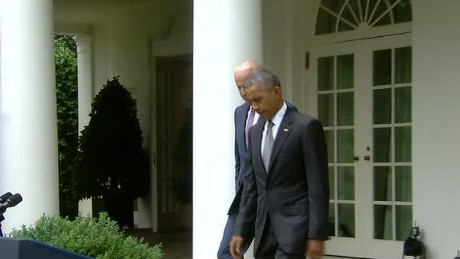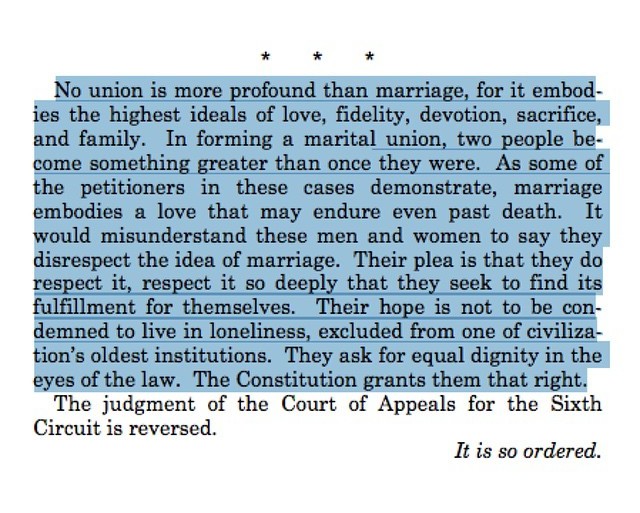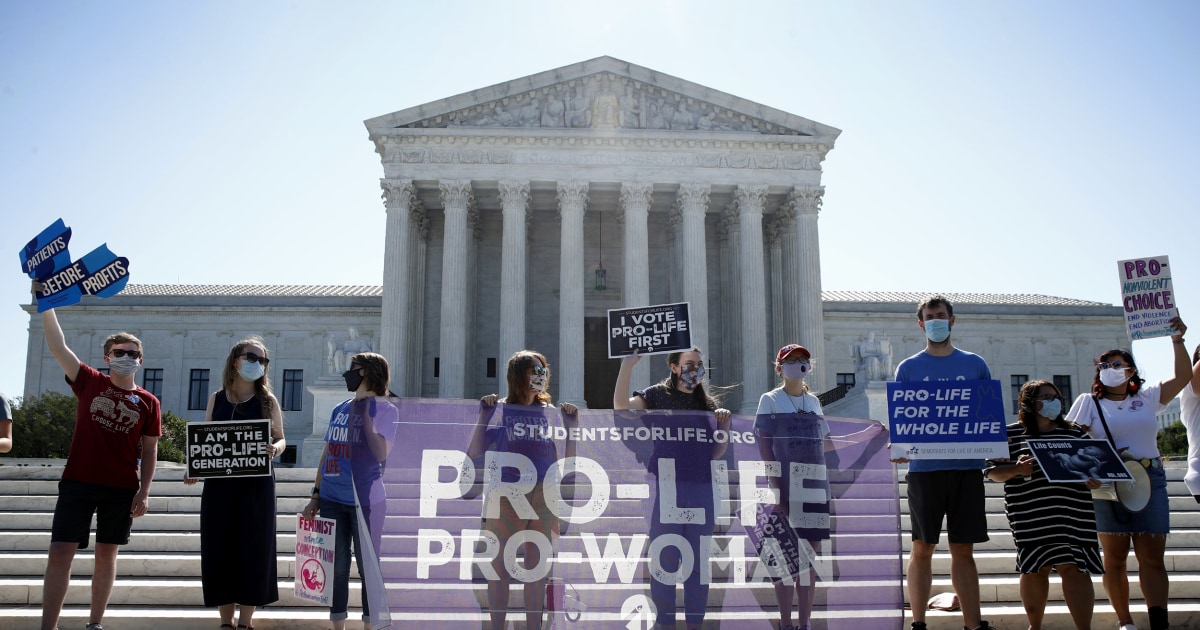
The key question for the Supreme Court is whether the death penalty itself continues to be constitutional in light of its rare use and its rejection by large segments of society. constitution, others are result of federal decisions on both state and federal death penalty matters. Some of these cases arise from appeals of state rulings involving the U.S. In recent decades, the Court has regularly considered multiple capital cases each term. In the earlier history of the country, the Supreme Court left much of the practice of the death penalty and other punishments to the states’ discretion, rarely ruling on whether any practice should be considered cruel and unusual. Court rulings can involve the methods of execution used, the competency of defense counsel, the selection of juries, the behavior of the prosecution, and many other matters protected by the right to due process.

In particular, the Supreme Court is responsible for ensuring that state use of the death penalty adheres to our fundamental rights. States may be more protective of individual rights than required under the federal constitution, but they cannot be less protective. Nothing in this opinion should be understood to cast doubt on precedents that do not concern abortion.The Supreme Court is the final arbiter of whether the constitution is being followed. "It is noteworthy that the percentage of women who register to vote and cast ballots is consistently higher than the percentage of men who do so."Īlito also sought to limit interpretation of the decision, stating, "we emphasize that our decision concerns the constitutional right to abortion and no other right. "Women are not without electoral or political power," he said. Majority: Women can work to influence state lawsīy reinvesting states with the authority to decide whether most abortions should be illegal, the opinion "allows women on both sides of the abortion issue to seek to affect the legislative process by influencing public opinion, lobbying legislators, voting, and running for office," Alito wrote. "When the majority says that we must read our foundational charter as viewed at the time of ratification (except that we may also check it against the Dark Ages), it consigns women to second-class citizenship," it continues. "So it is perhaps not so surprising that the ratifiers were not perfectly attuned to the importance of reproductive rights for women's liberty," the dissent reads. Those ratifiers were all men, the dissent notes. The dissenting justices attack what they call the majority justices' "core legal postulate" - that the framers of the 14th Amendment didn't see reproductive rights as central to freedom, and therefore those rights shouldn't have constitutional protection today. Wade was overturned Dissent: 'Dobbs' ruling sees women as second-class citizens Reproductive rights in America These 3 Supreme Court decisions could be at risk after Roe v. The dissent vehemently disagrees - and it warns that other Supreme Court precedents securing "settled freedoms involving bodily integrity, familial relationships, and procreation" may now be in danger, such as rulings backing contraception rights and same-sex marriage. Jackson Women's Health Organization decision.

"The Constitution does not confer a right to abortion Roe and Casey are overruled and the authority to regulate abortion is returned to the people and their elected representatives," the court stated in a syllabus included with its lengthy Dobbs v. They were responding to views set forth by Justice Samuel Alito, who wrote the majority opinion, joined by Justices Clarence Thomas, Neil Gorsuch, Brett Kavanaugh and Amy Coney Barrett. Wade and overturn the constitutional right to an abortion. Supreme Court Justices Stephen Breyer, Sonia Sotomayor and Elena Kagan wrote a searing dissent to the court's decision to end Roe v.

Standing from left: Brett Kavanaugh, Elena Kagan, Neil Gorsuch and Amy Coney Barrett. Seated from left: Samuel Alito, Clarence Thomas, John Roberts, Stephen Breyer and Sonia Sotomayor. A group photo of the justices at the Supreme Court in Washington on April 23, 2021.


 0 kommentar(er)
0 kommentar(er)
